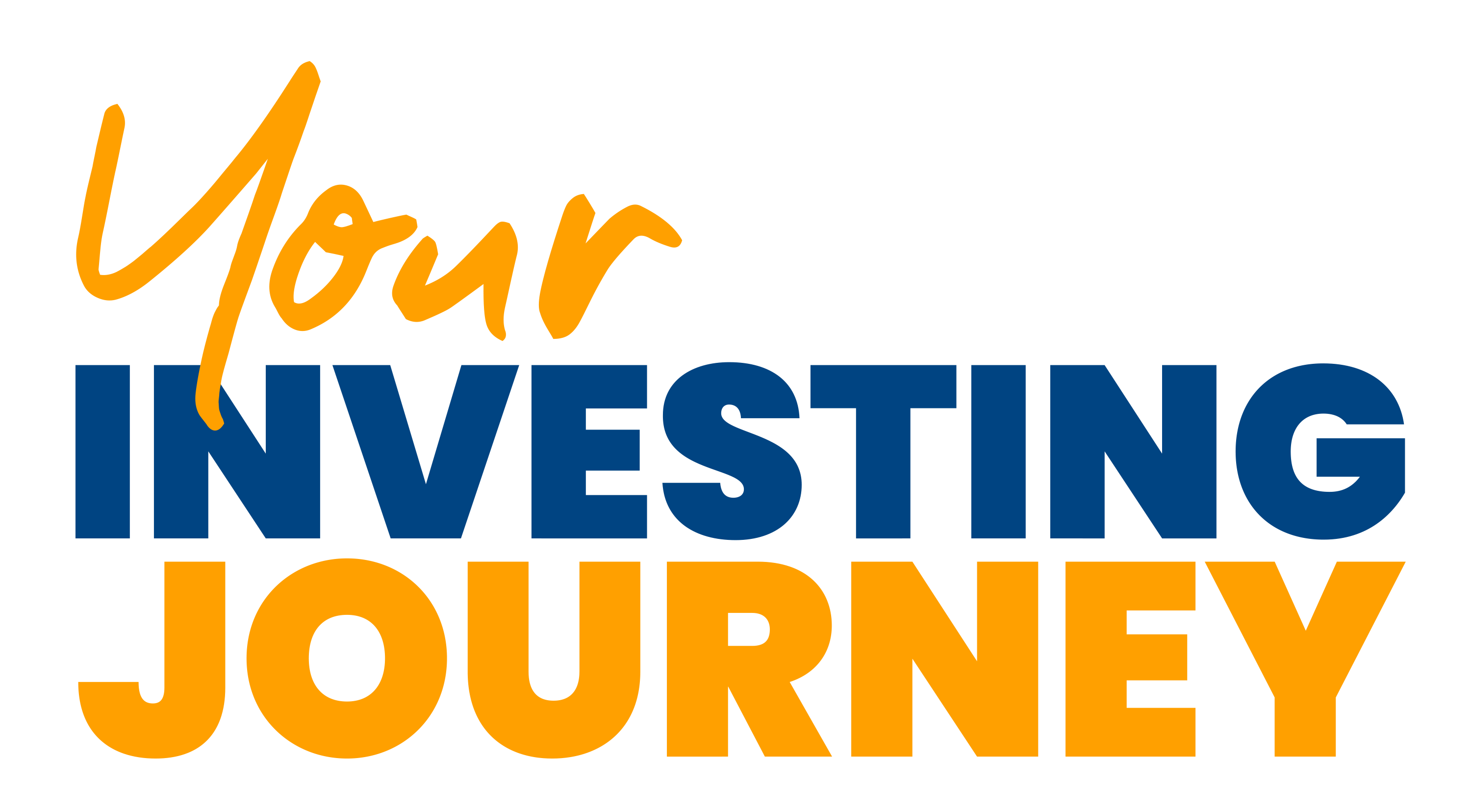Trading in the Age of Social Media

Jed Velarde
COL Investing Advocate
Key Points
Looking for trading tips online can be a useful part of your research, but you need to take steps to separate expert analysis from ill-considered opinion and self-interested fraud. Here are questions you can ask to better protect yourself and your money.
The internet and social media have become a part of our daily lives. Particularly during the pandemic, many of our activities take place online: we buy, we communicate, and we learn by using the internet. It’s easily accessible by almost everyone, which makes it both convenient and crowded. When everyone can have a say, it makes it hard to know who to listen to – and when you’re dealing with sensitive matters such as trading advice, mistakes can be costly.
Looking for trading tips online can be a useful part of your research, but only if you take steps to separate expert analysis from ill-considered opinion and self-interested fraud. Here are questions you can ask to better protect yourself and your money:
1. Who is your source?
Your tip must have come from somewhere, and it’s important that you follow any information to its source so that you can judge if it’s reputable. An anonymous tip ought to be dismissed out of hand, but even an identifiable source must show some basis for their advice. A trading “expert” may have a group with 100,000 members or a Youtube channel with 200,000 subscribers, but if they make a prediction about the market without providing the data to support their claim and data that you can verify from other sources, then it’s not a reputable prediction.
You also need to check how close your source is to the subject of the information presented. If they make a claim about a corporation, but the basis of this claim is not an official document from the corporation itself (or a regulatory body), then you shouldn’t be so quick to believe it. As much as possible, rely on first-hand information from corporations or regulatory bodies, or at the very least from curated secondary sources such as mainstream news outlets.
Of course, if a source is too close to the subject, you need to be wary of self-interested advice: if the President of a company is saying that shares in his company will skyrocket in price, you shouldn’t take that at face value.
2. Why do you believe it?
We all have our own biases and blind spots, and part of the research process is guarding against our own weaknesses. If you find yourself inclined to believe a tip, subject yourself to as much of an examination as you do your source.
Do you believe it because your source is an eloquent speaker? A silver tongue is not a foundation of solid financial information.
Do you believe it because all your friends are saying the same thing? Unless your friends are trading experts, their opinion alone should not give the tip any more weight.
Do you believe it because your source has a track record of being correct in these types of analyses? Then you have a credible starting point.
3. How does this advance your goals?
Remember that even credible trading advice is not one-size-fits-all. Every trader has their own goals, their own financial circumstances, their own tolerance for risk. If you are an active day trader, your needs will be different from a swing trader or a position trader. One of the most important elements of steadily building your wealth is having a trading plan and sticking to it. If a trading tip doesn’t fit with that plan, think carefully before following it.
4. Have you done your own research?
If a tip is credible, it won’t come from only one source. The internet allows you to do your own fact-checking, to compare what is being said by your source and what is being said elsewhere in the financial world.
As a COL client, you will also have direct access to COL’s rigorous research and curated guidance of our veteran traders such as the Tech Spotlight, Quick Tech Guide, Technical Guide and Investment Guide. Doing independent and confirmatory research will help you see beyond the hype to the fundamental and technical truths.
The internet is a sea of information, but not all of that information will be good for you. Learning how to filter out the noise and how to make your own decisions is essential to making the internet work for you—instead of the other way around.
This article is part of Your Investing Journey - COL's monthly email newsletter that contains insights and strategies by the COL community to help you achieve your financial goals. Click here to read more articles like this.
COL Financial is the country’s most trusted wealth-building partner where more than 400,000 Filipinos invest in stocks and mutual funds. COL was founded on the belief that ’every Filipino deserves to be rich’. That is why, for twenty years now, we remain committed to help Filipinos build wealth by continuously providing free seminars, expert guidance and innovate tools.

